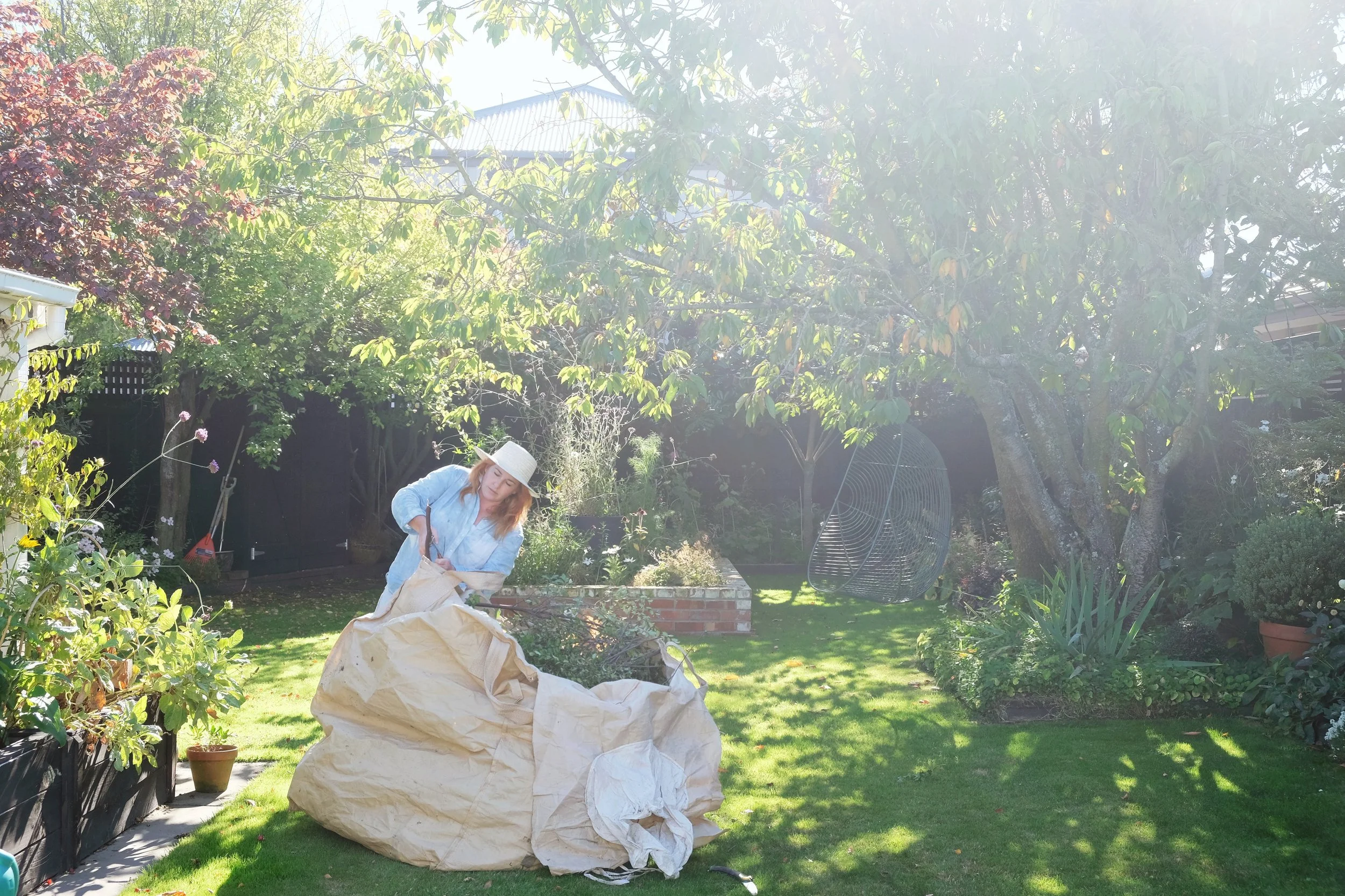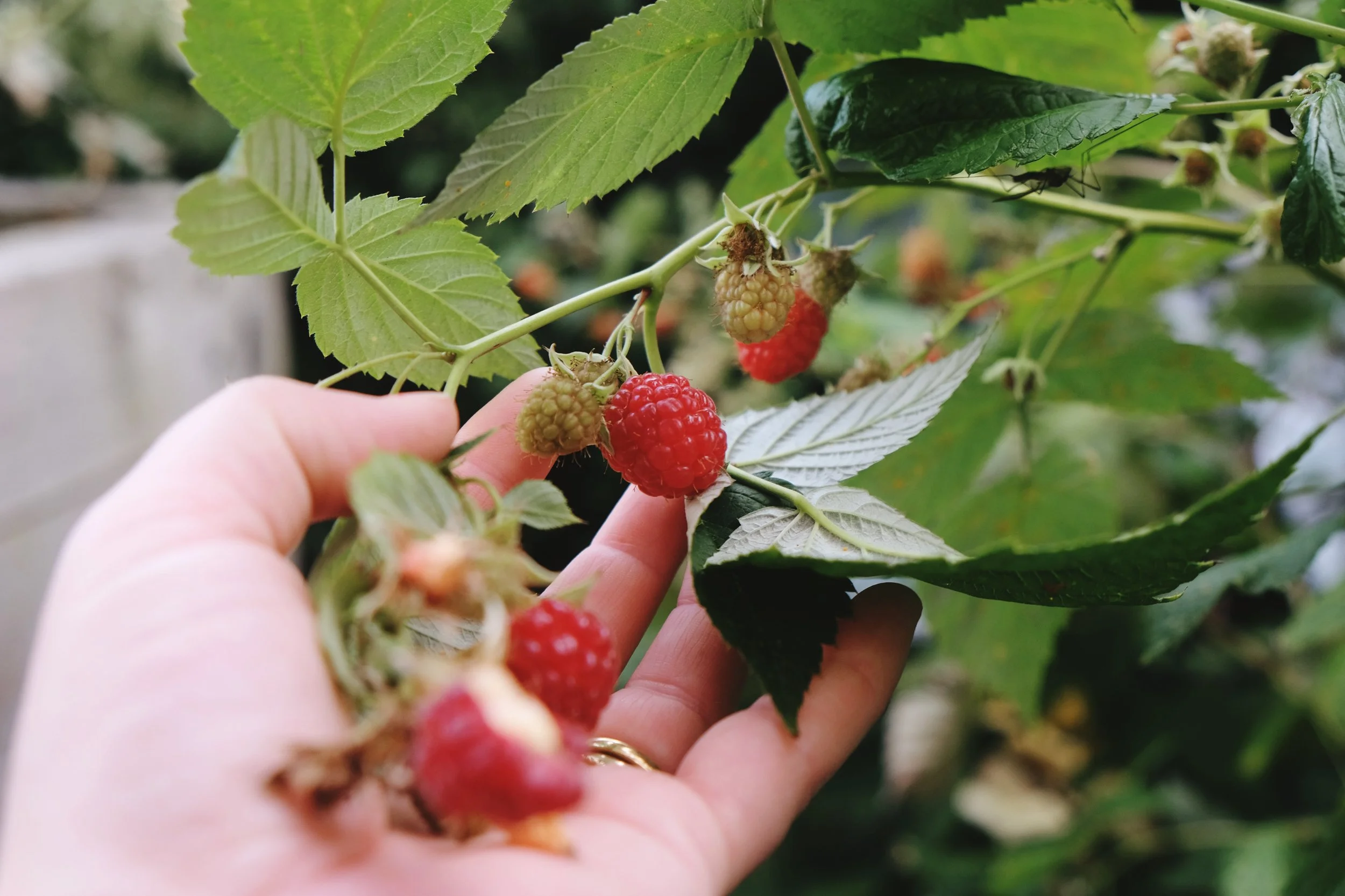Tips for first time home buyers
/My gut feeling is that most first home buyers are probably not experienced gardeners.
As a renter, the prospect of ploughing time and money into an outdoor space that will eventually be left very often outweighs the benefits of getting into growing. Understandably, it’s far more appealing to build a home with pieces that can be packed up and taken.
So on arriving at a fresh property where investment into the ground holds some new personal value, the potential can be overwhelming. Our first-time homeowner knows more than they care about interest rates and very little about the seasonal behaviour of their inherited planting.
After purchasing my first home with a garden just 5 years ago, here are some tips I have pulled together in hindsight.
Arm yourself with basic botanical knowledge
Before you spiral with intimidation or do something rash, take a moment to arm yourself with some basic information. To aid any future decision making you need an understanding of what is planted in your new yard so that you can take sensible and cost-saving action. By grasping how perennial, annual, evergreen and deciduous plants work, you can stock take what you have and decide what will stay or go. For example, many perennials can be dug up and moved, while the annual flowering plants you see will die away on their own.
Take stock
The urge to “clear the section” on arrival is a common one, particularly for new homeowners with little growing experience. What you perceive to be a messy mass of planting might simply be a lovely garden that needs a light tidy-up! Remember, plants cost money and trees take years to mature so before you impulsively dig and chuck, you need to understand the benefits of what you are throwing out. Not to mention, if you remove a plant, something else will definitely pop up in its place and it will be of the weedy variety.
Take the time to research and learn about what is already existing before deciding what moves to make. By identifying the plants that thrive in your new space, you will be given clues as to what others you could add with success. Lure in a garden-minded friend or neighbour with the promise of coffee and cake and get them to walk your borders, putting names to those foreign plants for you.
Be patient and document
Perhaps the best advice I was ever given was to wait a whole year before making any major changes to a newly purchased garden. Depending on the season you arrive in, the planting will not be fully revealed.
A deciduous tree in winter hasn’t yet demonstrated its valuable shade in summer or appreciated autumn colour. Moving into a house in summer will give you a chance to see many summer flowering perennials, but you have no idea of the location of any spring bulbs that may be hiding below the soil. I speak from experience when I say you might arrive with a million ideas but don’t yet have an understanding of the shady spots or lack of shelter that will affect your idealistic plans.
By all means, weed away, mulch your beds, cut back spent flowers and definitely photograph to remind yourself of how the garden behaves in each season. Better yet, by holding back you will get a firm grasp on how you actually use the existing space and gain ideas through this experience for future changes.
Considerations when planting
Once you feel you have a clear understanding of your microenvironment, you might start making some changes and additions. When choosing trees, research their mature size and be sure to plant with enough space in mind. Make sure you know where utilities are buried before you start digging and think about the planting distance from fences or gutters if that’s relevant!
You might have moved into a new house where a developer has created some basic beds. Without fail, these tend to be too narrow to create nice layered garden planting, so perhaps you want to extend these before you start. Remember, gardens don’t have to be laid out with straight lines!
While gardening might have previously held little interest, take your time to discover if this might be for you before googling “low maintenance planting”. There is no such thing as green space that doesn’t need to be touched or monitored, so why not plant in a way that engages you with the roll of the seasons and offers you the pleasure of picking for your home, growing for your dinner and getting your hands in the earth every now and then.
This is an expanded version of the article featured in my Stuff ‘Homed’ gardening column for beginners , The Press, Dominion Post and other regional papers on August 18th 2022
All words and images are my own, unless otherwise credited.









